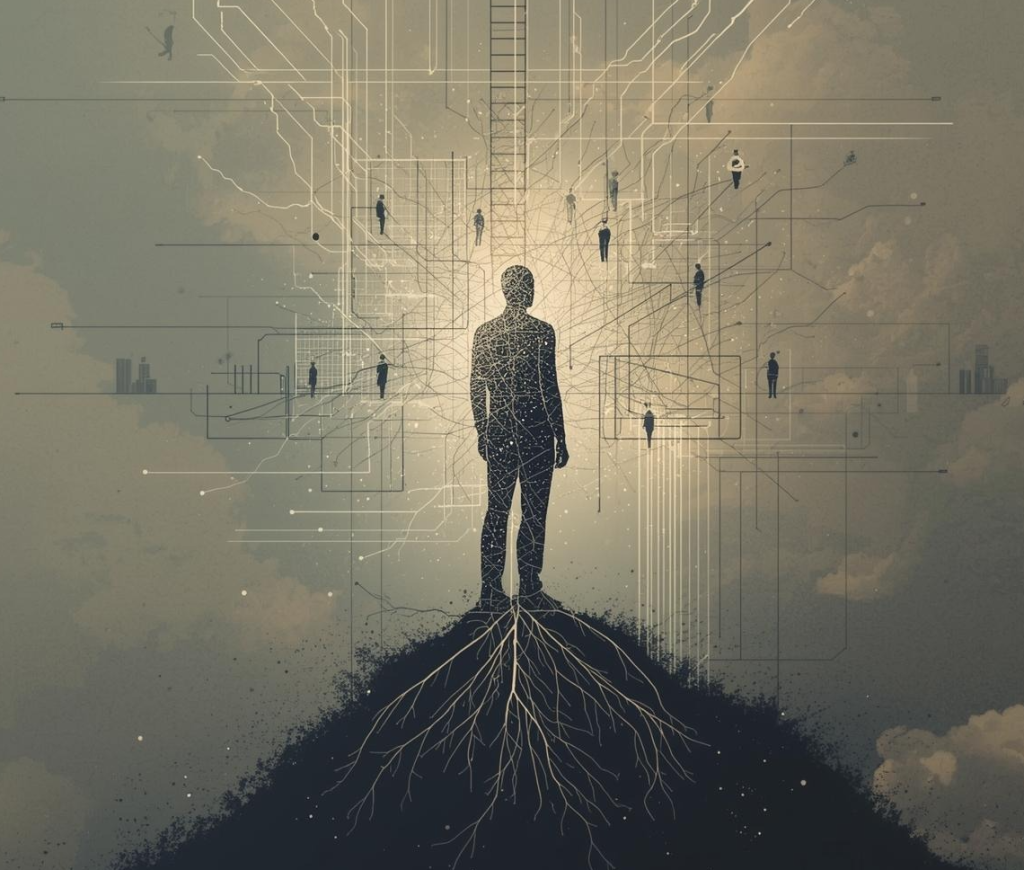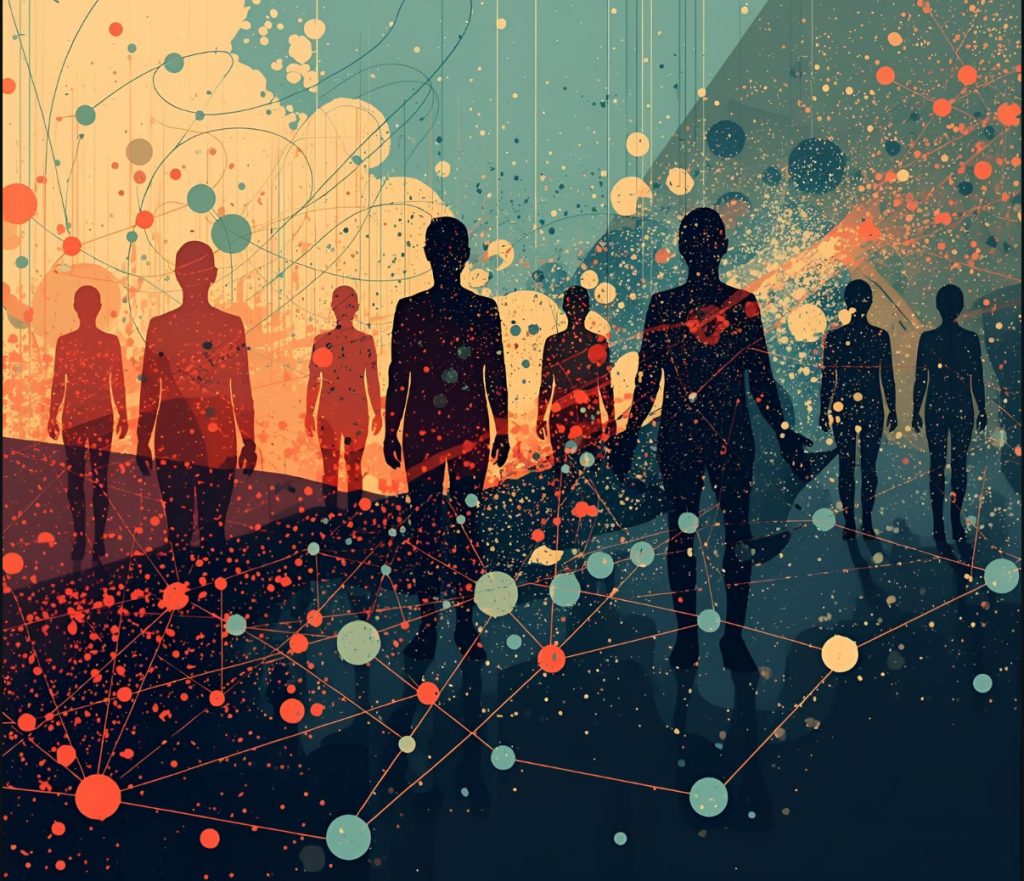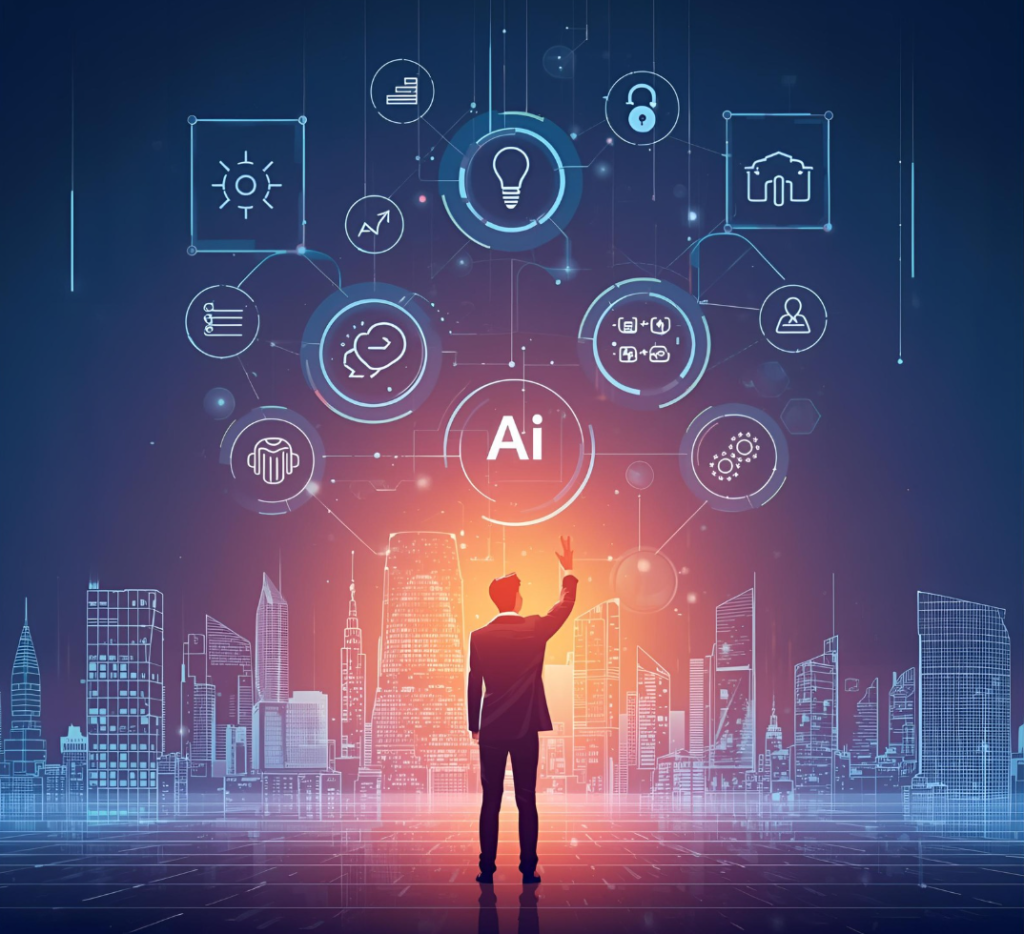
Introduction
The integration of artificial intelligence (AI) into educational systems marks a paradigm shift in how learning is delivered, structured, and experienced. Rather than simply augmenting traditional teaching methods, some emerging models propose a more radical transformation: AI-driven instruction with minimal human teacher involvement. This article examines the case of fully AI-led academic instruction, analyzes pedagogical implications, and explores equity and ethical concerns central to the future of learning.
The Rise of AI-Driven Classrooms
Historically, most educational systems followed a one-size-fits-all model: a teacher addresses a group of students with standardized content. AI disrupts this model by enabling real-time personalization, adaptive pacing, and continuous feedback loops. According to a charter application for Unbound Academy in Arizona, core academic instruction (grades 4–8) will be completed in approximately two hours per day via AI-powered learning systems, with the remaining school day devoted to life skills and mentorship.¹
The model contends that AI tutors can tailor learning paths instantly, thereby condensing the time required for mastery of core content (2-hour model) and freeing significant time for project-based and exploratory learning activities.²
Case Study: Arizona’s Unbound Academy
Unbound Academy offers one of the most explicit examples of near-teacherless academic instruction. Approved by the Arizona State Board for Charter Schools in December 2024, it is structured to serve an initial cohort of around 200 students in grades 4–8.³ According to its program outline, students engage in AI-guided core instruction in the morning, facilitated via platforms such as IXL and Khan Academy, while human “guides” focus on social-emotional support, life skills, and student motivation.⁴
One school official emphasizes: “Our teachers still do a lot of the teaching role, but they don’t do the actual teaching of academic concepts because we know that’s something AI can do really well.”⁵ While results from full-scale implementation are not yet publicly available, the school claims that pilot programs have shown students learning “twice as fast” compared to traditional pacing.⁶
Pedagogical Transformation and the Role of the Teacher
The shift raises important questions about the evolving role of the teacher. Rather than a content provider, the teacher (or guide) becomes a facilitator of meta-learning: helping students set goals, manage their time, collaborate, and reflect. From this view, AI handles the “what” and “how” of learning, while humans engage more deeply with “why.”
In this framework, curricula must also adapt: fewer hours devoted to direct instruction, more time for inquiry, project-based work, and social-emotional development. If implemented effectively, such a model could foster student agency, self-directed learning, and resilience. However, this assumes students possess the motivation, technological fluency, and self-regulation required for autonomy, competencies not evenly distributed across populations.
Risks, Ethics, and Inequity
Despite the promise, the model also carries measurable risks:
Loss of human relational teaching: AI lacks nuance, empathy, and the capacity to interpret ambiguous student needs. Critics argue the human teacher’s role in motivation and mentorship remains indispensable.⁷
Algorithmic bias and data privacy: Personalized systems depend on large datasets. If data reflect existing inequalities, then AI may reinforce rather than remedy them. Questions of transparency, accountability, and student data protection must be addressed.
Access and equity concerns: Schools adopting this model typically assume reliable devices, broadband access, and parental supervision. Students from disadvantaged backgrounds may be disproportionately excluded or under-supported.
Over-efficiency vs. depth of learning: The claim of “twice as fast learning” raises the question: does speed compromise depth? Learning that is rapid may lack the critical reflection and conceptual richness of slower, guided discovery.
Future Outlook
As AI systems mature, we are likely to see more hybrid models rather than a full replacement of human teachers. A plausible future involves AI managing differentiated content delivery, while human educators concentrate on higher-order skills: critical thinking, creativity, collaboration, and ethics.
For educational leaders, the challenge will be to design systems that balance efficiency with humanity, scalability with equity. Monitoring outcomes, academic, social, and emotional, will be essential to validate claims.
From a policy perspective, ensuring standards, safeguarding privacy, supporting teacher re-training, and bridging the digital divide must remain central.
Conclusion
AI’s role in education is no longer theoretical; it is being tested in real schools, such as Unbound Academy, which seeks to shift core academics into AI-based models. While promising, the transformation demands thoughtful design, critical reflection, and equity-oriented policy. The core question is no longer simply “Can AI teach?”, but “How will we ensure AI enables human flourishing?”
References
Unbound Academy. Program. Unbound Academy, 2025. Available at: https://www.unbound.school/program.
MacKenzie Price. “AI System Will Drive Academics at New Virtual Charter School.” 2 Hour Learning Blog, 27 Feb. 2025. Available at: https://2hourlearning.com/ai-system-will-drive-academics-at-new-virtual-charter-school-2/.
“Arizona approves AI charter school, but education concerns persist.” FOX 10 Phoenix, 2025. Available at: https://www.fox10phoenix.com/news/arizona-approves-ai-charter-school-education-concerns-persist.
“This School Will Have Artificial Intelligence Teach Kids (With Some Human Help).” Education Week, 2025. Available at: https://www.edweek.org/technology/this-school-will-have-artificial-intelligence-teach-kids/2025/01.
“Arizona School’s Curriculum Will Be Taught by AI, No Teachers.” Gizmodo, 2024. Available at: https://gizmodo.com/arizona-schools-curriculum-will-be-taught-by-ai-no-teachers-2000540905.
Unbound Academy. Unbound – The Future of Education is Unbound. Unbound School, 2025. Available at: https://www.unbound.school/.
Brooke Schultz. “Use of AI in Schools Comes With Big Downsides for Students.” Education Week, 2025. Available at: https://www.edweek.org/artificial-intelligence-rising-use-of-ai-in-schools-comes-with-big-downsides-for-students/2025/08.







